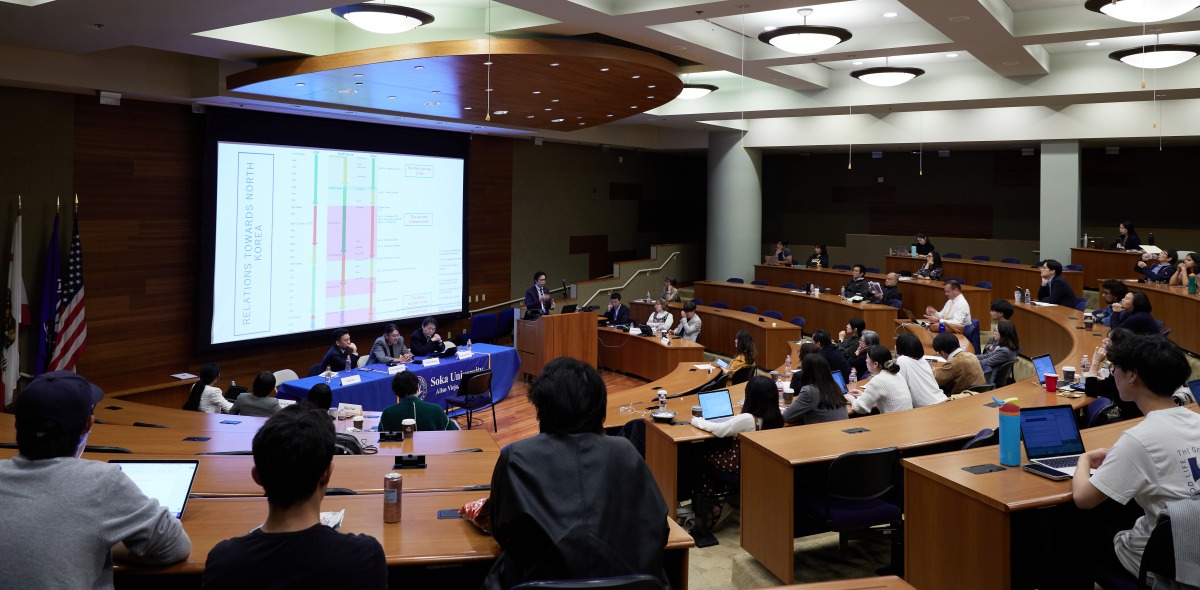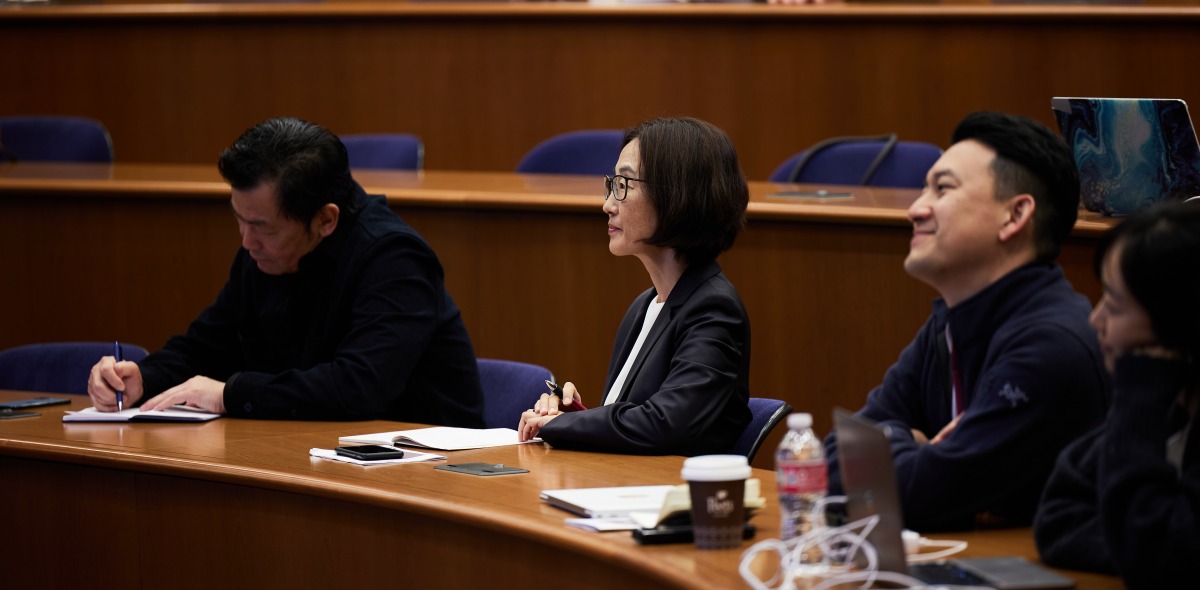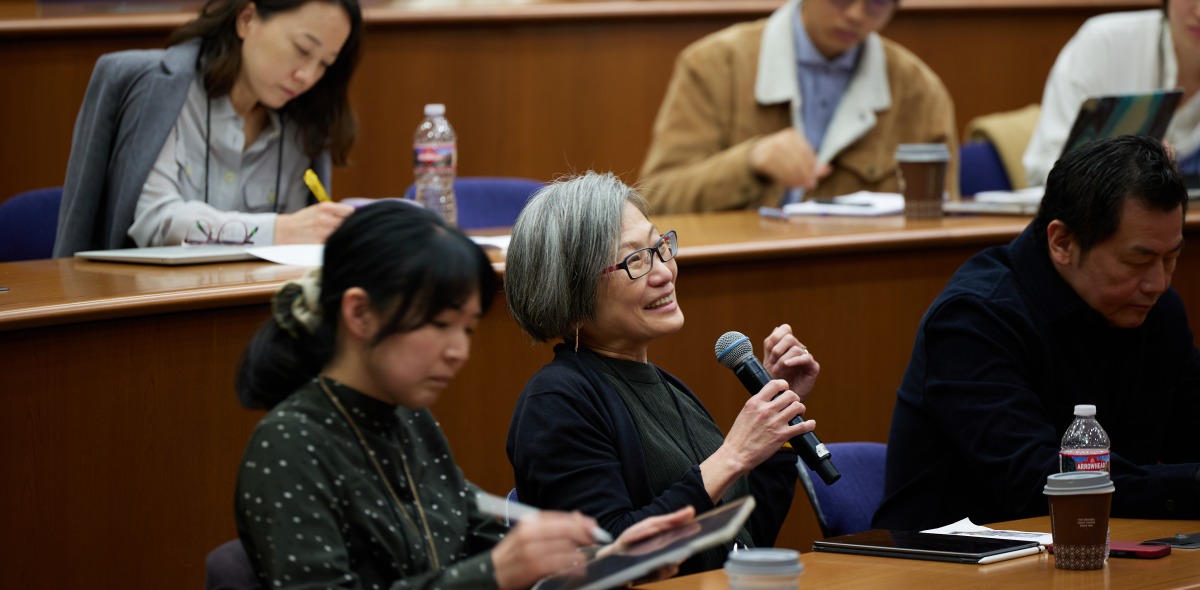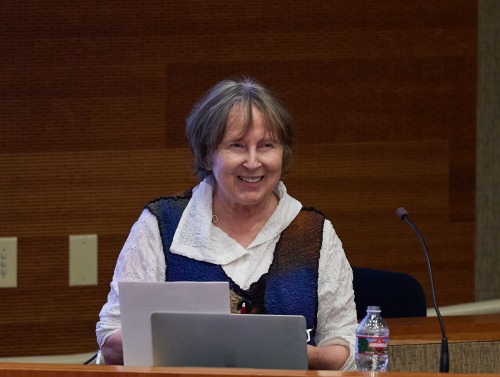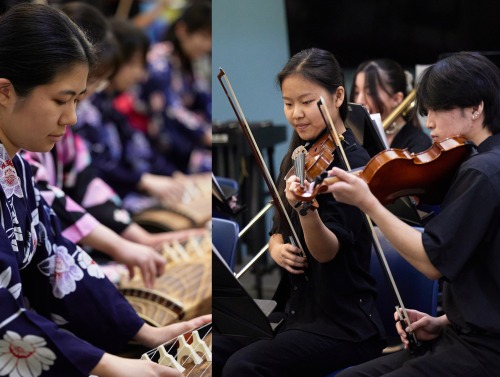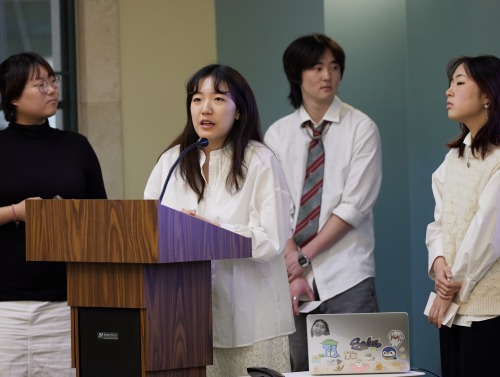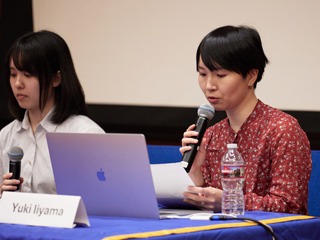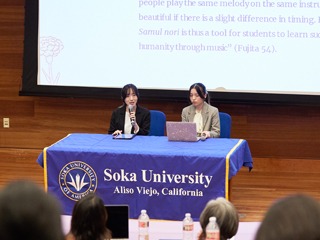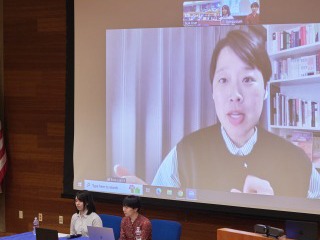
Toward Peaceful Resilience and Conflict Resolution in East Asia
The Soka Institute for Global Solutions will host three symposia from 2024 to 2026 on Peace and Reconciliation in East Asia. The symposia, sponsored by the Soka University of America Office of the President, will offer different focus points on events in East Asia beginning in 2024 with Japan, to be followed by South Korea in 2025, and the People’s Republic of China in 2026.
Overview
This forward-looking three-year project explores perspectives and practices that regenerate cooperative dialogue and mutual trust in the aftermath of deep human traumas resulting from historical disasters, such as war, colonialism, and political injustice. Our goal is to create a forum for the interdisciplinary discussion of peace and reconciliation in East Asia with specific reference to conflicts over contested histories in which targeted individuals and communities suffered horrific acts of violence. It will approach the question of peace and reconciliation from various levels and disciplines and suggest a framework to specify differing memories/histories and imagine viable steps and paths toward peaceful resilience and conflict resolution in the region. Peace and reconciliation in East Asia, in other words, we believe, require a long, continuous, and open process that needs grassroots approaches as well as national level involvements, which we call Soka Steps. Our hope is to begin a meaningful discussion that will subsequently grow to include additional academic and non-governmental venues. We invite participation across the disciplines by students, scholars, activists, creative artists, and peace-making professionals, and contributions that are scholarship based, activist positioned, and youth oriented.
Outlook
Full acknowledgement of damage to individuals and communities is a first step, followed by, as needed, apology, forgiveness, justice (legal, political, or historical), and cultural/human exchanges for mutual trust. Systematic exploration of the causes and repercussions of specific tragic events not only potentially clear a path forward in our present but generate shared understandings and proactive plans for prevention of future disastrous histories.
Import
Looking at critical conditions in the world today, Soka Steps also envisions a process that begins in East Asia with the potential to positively affect current global social and environmental crises. Reconciling difficult and painful historical memories that impede resilience of thought and action in the present has become crucial to making productive headway on numerous political and environmental crises that endanger East Asia and the world. A best-case scenario requires that cooperative capacities be restored through dialogue- and truth-based mutual reconciliation of past grievances.
Process
Approaching topics through interdisciplinary studies and the creative arts makes learning to listen beyond the distortions of traumatic developmental history possible. Toward this end, we have included film, art, and documentary studies as emotional steppingstones as ways to encourage imaginative social and political thought. Multi-level discussion in panel presentations, breakout groups, and whole conference summations will maximize group engagement and ideas for new directions in subsequent symposia and projects.
2024 Symposium Program
Overview
Soka Institute for Global Solutions held the first Soka symposium “Peace and Reconciliation in East Asia” on April 19-20 at Soka University of America. More than 20 scholars, including presenters, moderators, and commentators, gathered, and each session had at least 50 attendees. The symposium began with a pre-symposium talk by Professor Prazniack and a pre-symposium by the SUA student Club’s orchestra and koto performance. Each session had intense discussions and Q&A by the audience. One student shared that attending this symposium inspired a new goal related to reconciliation in world peace, while many others expressed that it was a great opportunity to learn about issues in East Asia.
Day 1 (April 19, 2024)
The first day of the symposium opened with a welcome remark by SUA president Ed M. Feasel, highlighting the SUA founder Daisaku Ikeda’s efforts to bridge the Soviet Union and China during the Cold War. The symposium featured two film screenings, followed by director’s talks, which moved the audience. The first day was concluded with Student Fellow’s presentations. During break times, presenters and the audience engaged in lively conversations about various topics.
Untold by Bora Lee-Kil
Title of Talk: “Untold, the Story of the Day We Don’t Remember” (via Zoom)
This film depicts the previously undisclosed massacre of Vietnamese civilians by South Korean troops who fought in Vietnam as part of the US coalition. It records the historical content of a survivor, a woman who worked for an official apology from Korea.
In Mates by Yuki Iiyama
Title of Talk: “Cultural Genocide and Narratives”
(Translator: Hiromi Nitaguchi)
This movie features the voice of Zainichi Koreans, inspired by the medical journals of two Korean patients at a private mental hospital. Ms. Iiyama discussed her struggle with the Tokyo Metropolitan Government’s Human Rights Department to screen her film.
Round Table Discussion by SIGS Student Research Fellows
Student Research Fellows gave presentations on various topics, including “Apology and the Comfort Women Issue” and the “Role of History Education to Establish Peace and Reconciliation in East Asia.” The Q&A session, facilitated by Soka Graduate Student, Emma Sherbine, provided deep insights into the audience.
Day 2 (April 20, 2024)
The symposium held a total of 3 sessions to discuss Peace and Reconciliation in East Asia, comprising 4 speakers, a moderator, and a commentator in each session: 1) History, Memory, Pan-Asian/Anti-Japan Sentiments, 2) Grassroots and Transnational Practices for Reconciliation, and 3) Diplomacy, Apology/Forgiveness, and Politics of Memory. After the three sessions, the symposium was concluded with an engaging and inspiring Q&A session from the audience.
Session I: History, Memory, Pan-Asian/Anti-Japan Sentiments
- Rumi Sakamoto (University of Auckland): “The Truth of Battleship Island’: Memory Activism over Wartime Forced Labour by the National Congress of Industrial Heritage” Abstract
- Leo Ching (Duke University): “Another Taiwan is Possible: Toward an Archipelagic East Asia.”
- Yuka Kishida (Bridgewater College): “Wielding a Pen and Carrying on a Dialogue amid Colonialism and War: Youth Interchanges in Japanese-Occupied Manchuria in the 1930s and 1940s” Abstract
- Xiaokui Wang (SUSTECH, PRC): “The Chinese Memory of the Anti-Japanese War: History and Characteristics” Abstract
Moderator: Xiaoxing Liu (SUA)
Commentator: Sijia Yao (SUA)
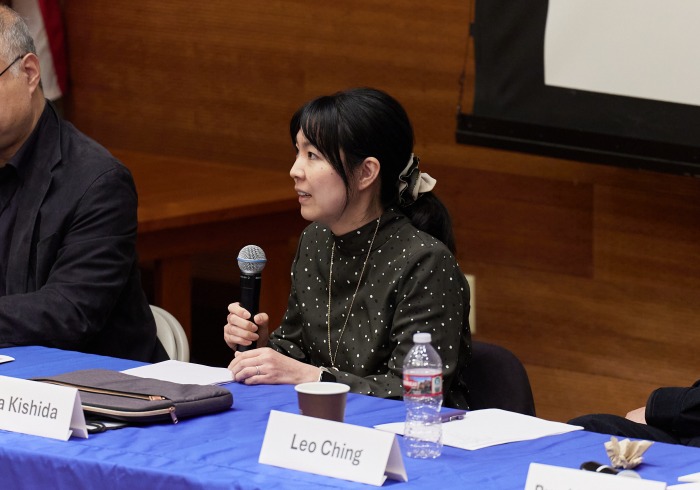
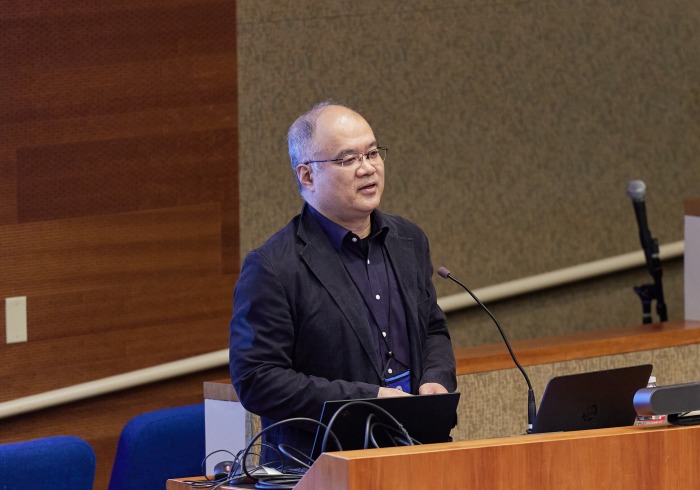
Session II: Grassroots and Transnational Practices for Reconciliation
- Akiko Takenaka (University of Kentucky): “Mothers Against War: Gender, Motherhood, and Peace Activism in Cold War Japan” Abstract
- Jimin Kim (Yonsei Univ. and CARE): “Empowering Change: Grassroots Initiative for the ‘Comfort Women’ Issue” Abstract
- Tetsushi Ogata (SUA): “A Structural Void in Public Memory: The Case of Japan’s Wartime Atrocities” Abstract
- Jin-kyung Lee (UCSD): “Remembering ‘Comfort Women’ in Three Wars: WW II, the Korean War, and the Vietnam War” Abstract
Moderator: Danielle Denardo (SUA)
Commentator: Sunyoung Park (University of Southern California)
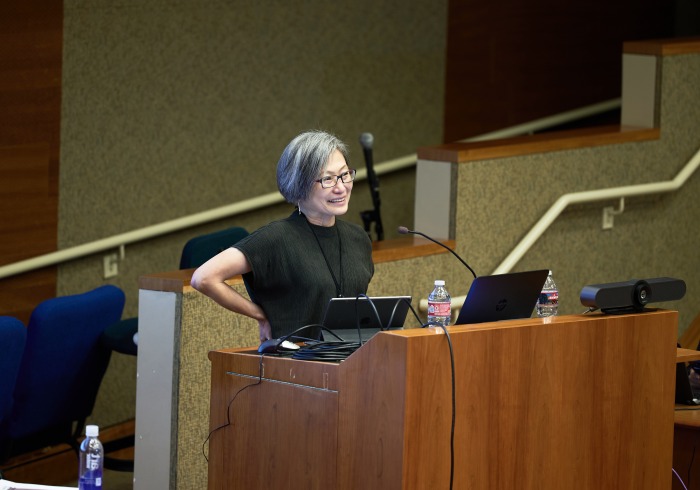
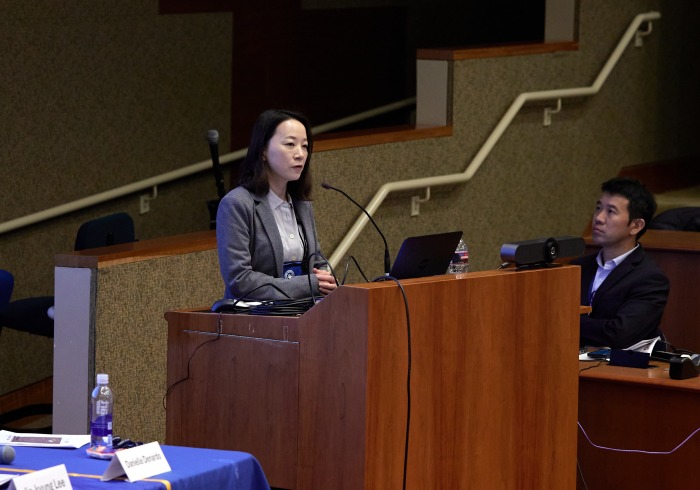
Session III : Diplomacy, Apology/Forgiveness, and Politics of Memory
- Tom Le (Pomona College): “Injustice as Debt: Recommendations for Japan-South Korea Reconciliation” Abstract
- Daniel Nagashima (U of Illinois, Urbana-Champaign): “Two Steps Forward, One Step Back: A Two-Level Analysis of Japan’s Post-Cold War Security Identity” Abstract
- Seiji Takaku (SUA): “The Psychology of Offering an Apology: Understanding the Benefits of and Barriers to Offering an Apology” Abstract
- Tatsushi Arai (Kent State University): “International Conflict Resolution in the Age of Artificial Intelligence: Toward a Theory of Contextual Transformation” Abstract
Moderator: Esther Chang (SUA)
Commentator: Minju Kwon (Chapman University)
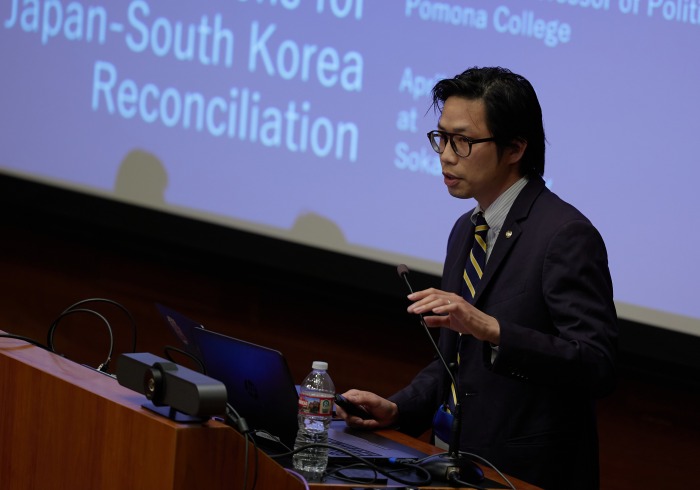
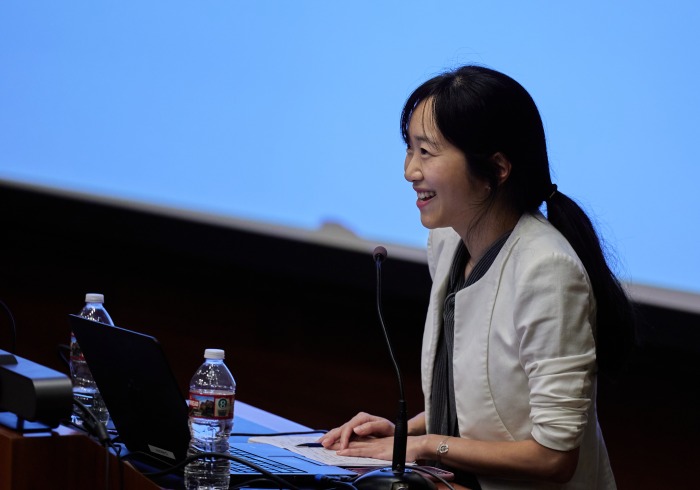
Symposium Information
- Dongyoun Hwang (Chair), Professor of Asian Studies, SUA
- Roxann Prazniak, Professor of History, University of Oregon
- Seiji Takaku, Professor of Psychology, SUA
- Xiaoxing Liu, Emeritus Professor of Chinese Language and Culture, SUA
- Emma Sherbine (SUA, Graduate School)
- Kenta Okazaki (SUA)
- Judy Li (SUA)
- Kayoko Shimomura (SUA)
- Miki Kawamura (SUA)
- Sakura Arai (SUA)
- Yuji Ishiyama (SUA)
- Takumi Yabune (SUA)
- Ayano Tanaka (SUA)
- Haruka Nakata (SUA)
- Kailash Pariyar (SUA)
- Sofiia Lobas (SUA)
- Gabriel Boldizsár
- Marina Taemi Inoue
- Sakiko Ochiai
- Viki Lohk

